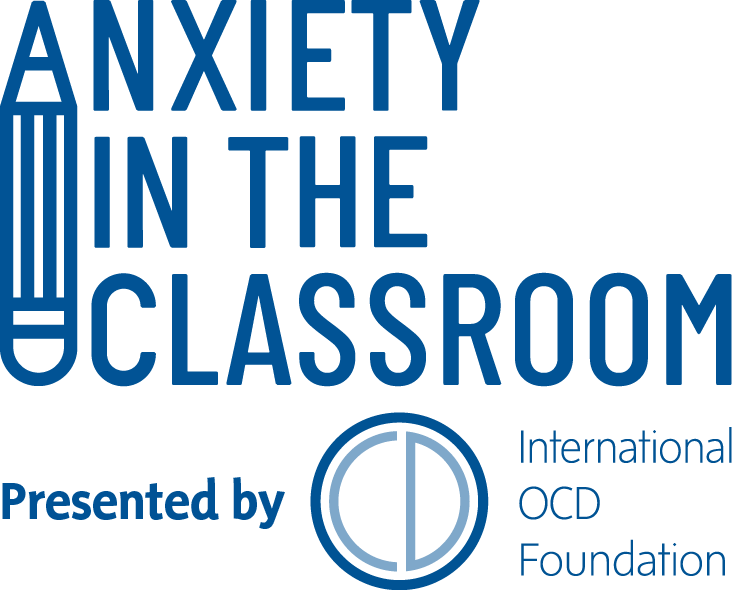Tips & Tricks to Help your Child Navigate the Social World
It is hard to watch your child struggle socially, and your natural instinct is to protect and comfort them. It can be a fine line between providing this comfort and protection, and feeding into their anxiety/OCD behaviors in a way that will actually make them worse. Giving in to what your child’s anxiety/OCD often means engaging in family accommodation behaviors, which make anxiety/OCD worse in the long run.
Read on for some tips and tricks to help your child navigate their social life without engaging in accommodation behaviors, which can reinforce (or make stronger) their fear and avoidance behaviors.
- Social avoidance related to anxiety is more problematic than the anxiety itself, so encouraging your child to participate in social situations is very helpful.
- Be a good coach, and model social skills you want to help your child with:
- Model comfort with being anxious and having doubt in social situations.
- Share your own stories of times when you felt anxious in social situations to help normalize social fears.
- Practice social situations with them, such as how to start conversations or how to invite for playdates.
- Help your child get involved in activities with structured social interactions, such as clubs or groups they might enjoy, sports teams, volunteering, scouts, etc.
- Praise the effort, not the outcome
- Empathize when their social attempts don’t work out.
- Meet your child where they are; work where they are willing.
- See what you can grow with encouragement, rather than being punitive about avoidance.
- Keep in mind that your child may have a different “comfort zone” in terms of friendships than you. If they are shy, one or two good friends may be all they want - so help them unfold in a way that works for them
Specific suggestions for school:
- Peer pairing - work with the school’s guidance counselors to see if they have a buddy program, or could otherwise help pair your child with a more socially competent peer.
- Plan ahead for avoidance in going to school, if school refusal is an issue - prevent by setting limits about going to school (but set up supports, for example, meetings with guidance or a school counselor, social skills groups, peer-pairing with socially skilled peer, make teachers aware); if school refusal is occurring, see if you can shape better attendance by starting with a shorter day and gradually increasing time at school
Specific suggestions to help your child navigate oppression-based stressors:
- Incorporate cultural foods, activities, books, music, toys, or other traditions into your home.
- If spirituality is important in your or your child’s life, encourage your child to use their belief system when coping with stress. Encourage your child to connect with other individuals who share your spiritual beliefs or participate in spiritual rituals (e.g., prayer, meditation).
- Promote racial and ethnic pride in your child by teaching your child about their cultural heritage, values, and customs.
- Build awareness of discrimination and help your child develop coping strategies to manage potential experiences of oppression or discrimination (e.g., deep breathing, journaling, meditation/yoga, limiting media intake, counseling, and prayer).
- Consider the following resources for discussing race and/or racism with your child:
- Support your child’s racial and cultural identity. Identify strategies to help your child develop a positive and proud identity.
- Find a local community organization or social, religious, or recreational group that includes other children who share your child’s ethnic or racial background.
- Expand your usual social activities to include more people whose racial or cultural backgrounds are different from yours.



